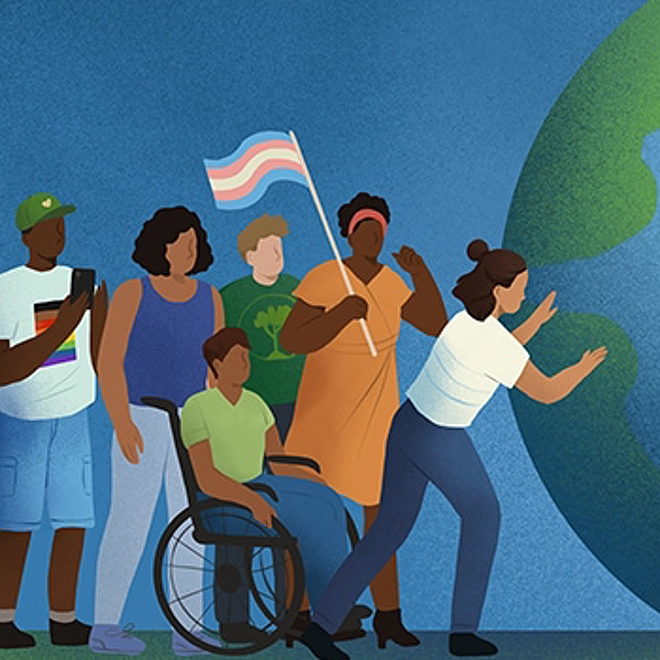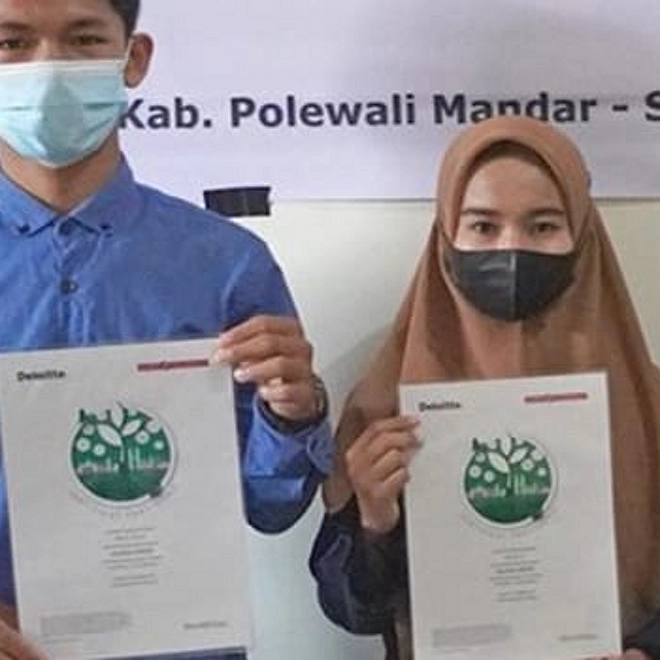White paper on millennials, Gen Z and mental health
Managing mental health in the workplace
The COVID-19 pandemic has ushered mental health to the forefront of the public’s consciousness. However, mental health was a massive challenge before the pandemic as well.
The 2020 Deloitte Global Millennial Survey, conducted both before and after the start of the pandemic, serves to confirm this. The primary survey, conducted before the global spread of COVID-19, reveals that even before the pandemic, a large number of millennial and Gen Z workers were frequently suffering from stress and anxiety – common factors that contribute to mental health. Yet, stress levels fell for both generations in the second survey (or “pulse” survey) conducted between April and May 2020, possibly due to an increase in remote working and a general slow-down of life. Despite the slight decline in anxiety during the pandemic, both parts of the Deloitte survey confirm that young people are highly stressed.
These generations’ uncomfortably high levels of tension and unhappiness are likely byproducts of the uneasiness and pessimism exposed by last year’s Millennial Survey. Climate change, the welfare of their families, financial stability, health care and long-term career prospects were identified as huge concerns before the pandemic. Poor work/life balance and the inability to be their authentic selves also weighed on respondents. Because millennials and Gen Zs together account for most of the global workforce, their mental health issues present an enormous challenge for employers around the world.






